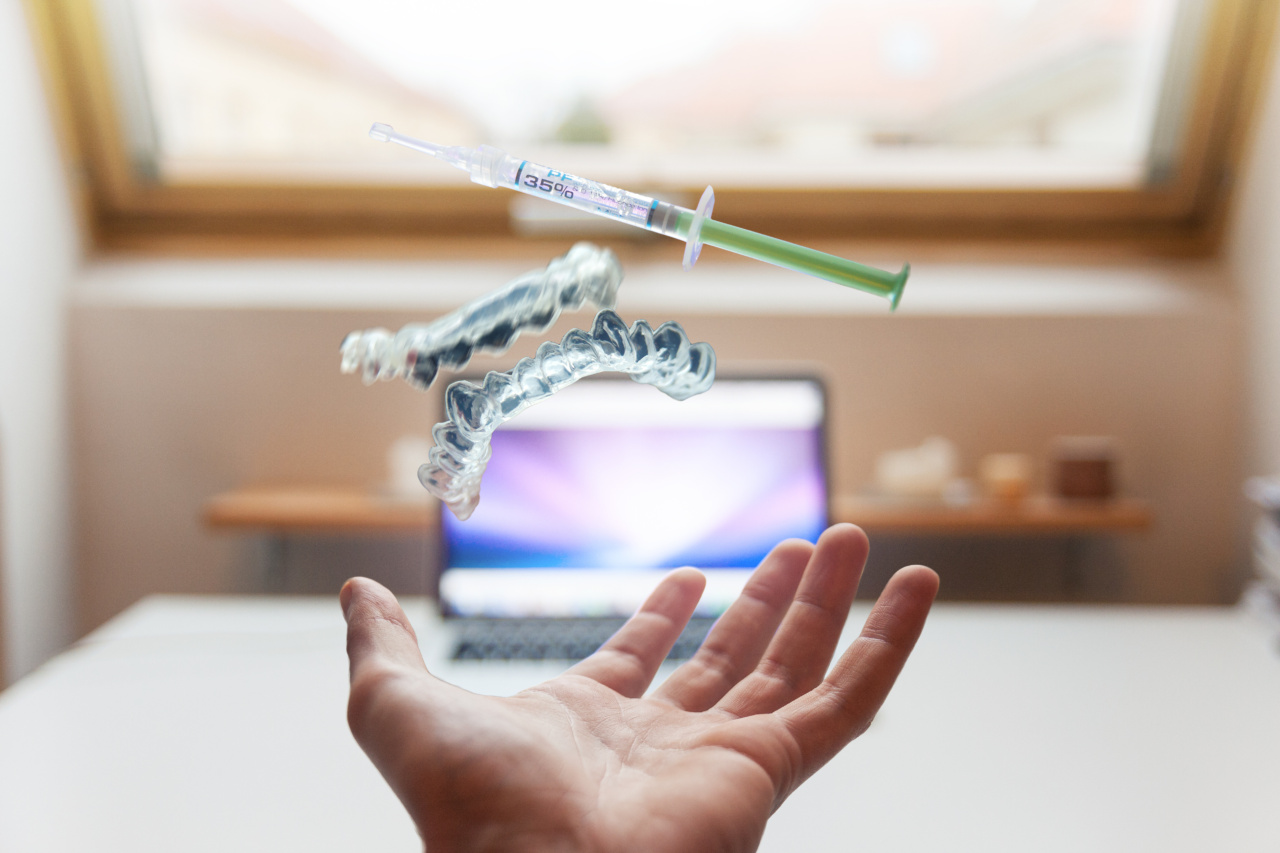Infertility is a common struggle faced by couples worldwide.
While in vitro fertilization (IVF) has been a popular option for overcoming infertility, there is a more specialized technique called Intracytoplasmic Sperm Injection (ICSI) that has revolutionized the field of assisted reproductive technology. ICSI offers hope to couples facing male infertility issues by providing a solution when conventional IVF proves ineffective. This article will delve into the details of ICSI, its procedure, advantages, and considerations.
1. What is Intracytoplasmic Sperm Injection?
Intracytoplasmic Sperm Injection (ICSI) is an assisted reproductive technique that involves the injection of a single sperm directly into the egg cytoplasm using a microneedle.
It is performed under high-powered microscopic guidance, allowing for precise and accurate delivery of the sperm. ICSI is typically recommended for couples in which the male partner has low sperm count, poor sperm motility, or abnormal sperm morphology.
2. The ICSI Procedure
The ICSI procedure involves several key steps:.
a) Ovarian Stimulation: The female partner undergoes ovarian stimulation to promote the development of multiple mature eggs.
b) Egg Retrieval: Mature eggs are retrieved from the ovaries using ultrasound-guided aspiration.
c) Sperm Collection: The male partner provides a semen sample, which is then processed to isolate motile and morphologically normal sperm.
d) Sperm Injection: Using a microneedle, a single sperm is injected directly into each retrieved egg.
e) Embryo Development: The injected eggs are monitored in the laboratory for fertilization and subsequent embryo development.
f) Embryo Transfer: After a few days of development, the resulting embryos are transferred into the female partner’s uterus using a catheter.
3. Advantages of ICSI
ICSI offers several advantages over conventional IVF:.
a) Male Infertility: ICSI provides a solution for couples where male infertility factors are present, such as low sperm count or abnormal sperm quality.
b) Increased Fertilization Rates: Since the sperm is directly injected into the egg, the chances of fertilization are significantly enhanced compared to conventional IVF.
c) Genetic Disorders: ICSI allows for the screening of sperm for genetic disorders, reducing the risk of passing on inheritable diseases to offspring.
d) Sperm Retrieval Issues: Even in cases where sperm cannot be obtained through ejaculation, ICSI can be performed using sperm extracted surgically from the testicles or epididymis.
4. Considerations and Risks
Although ICSI offers promising results, there are certain considerations and risks to be aware of:.
a) Cost: ICSI is a more expensive procedure compared to conventional IVF due to its additional laboratory expertise and equipment.
b) Ethical Considerations: The ability to select and manipulate individual sperm raises ethical concerns regarding the potential for sex selection or other non-medical reasons.
c) Multiple Pregnancies: As with all assisted reproductive techniques, there is a risk of multiple pregnancies, which can lead to complications for both the mother and babies.
d) Risk of Genetic Abnormalities: ICSI does not eliminate the possibility of genetic abnormalities in offspring, as it does not correct any inherent sperm defects.
5. Success Rates of ICSI
The success rates of ICSI vary depending on various factors such as the age of the female partner, the quality of the sperm, and the overall health of the couple.
On average, the success rate of ICSI for pregnancy lies between 40-50% per treatment cycle.
6. Conclusion
Intracytoplasmic Sperm Injection (ICSI) has revolutionized the field of assisted reproductive technology, providing hope for couples struggling with male infertility issues.
With its precise sperm injection technique, ICSI offers increased fertilization rates and the ability to overcome sperm-related challenges. However, it is essential to consider the associated risks, ethical concerns, and costs before proceeding with the procedure.































